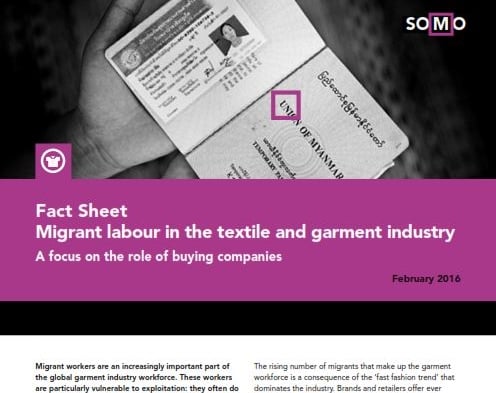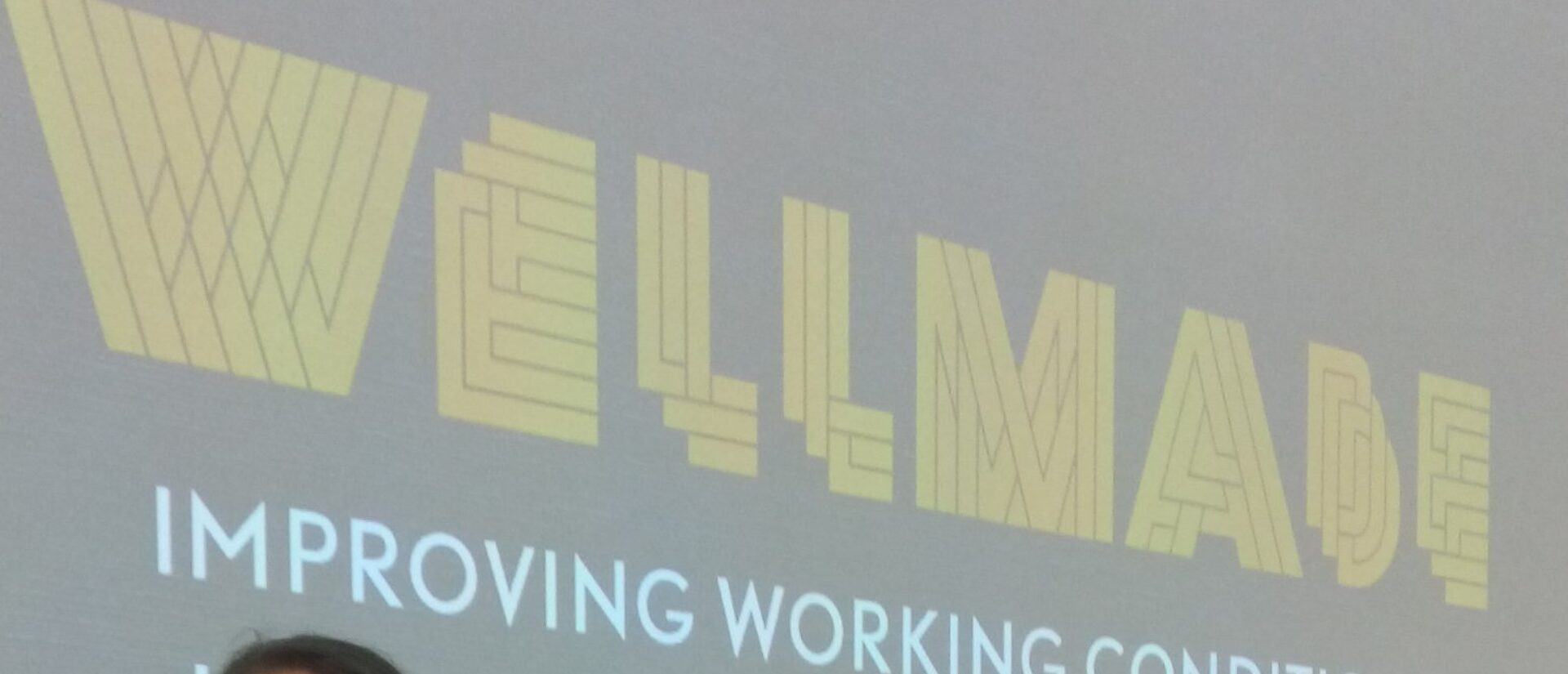
Cooperation in WellMade project
The Fair Wear Foundation (FWF) is an initiative aimed at achieving improvements in the garment industry. Eighty companies have already joined. Together with SOMO, FWF has been working on the Wellmade project since 2013.
Sophie Koers is head of communication with FWF, the leading party of the initiative; she plays an important role in developing and implementing the Wellmade initiative. Wellmade(opens in new window) raises awareness about labour issues in production countries among employees in the European garment industry. It looks at the production chain, and informs employees of what they themselves can do to contribute to a more sustainable industry. It is an alliance of various non-profit organisations where each contributes its own expertise. SOMO develops materials on abuses within the garment industry, and describes what companies can do to tackle these issues. This three-year project was made possible by a subsidy from the European Union.
Sophie already brings good news: “The cooperation with SOMO is going very smoothly for us. It is a partner that can deliver in-depth information, which is of course an essential element of the project.” Martje Theuws has been responsible, within SOMO, for many of these publications. “We have drafted a total of five fact sheets on topics such as child labour, forced labour, safety in factory buildings, sustainable public procurement, and hidden outsourcing in the production chain. The sixth fact sheet, on migrant labour, is expected soon.”
Interactive sessions
WellMade has developed sessions, specifically designed for the target groups, which were initially held at international fairs. Employees of various companies from the sector attended these sessions. Sophie: “I would describe the target group in the garment industry as ‘remarkably responsive’. A session has to be very streamlined and interactive which we achieved by a tightly scripted session. With hindsight, you always see things that could be improved on, but I think we can be proud of the format we have chosen for the session. Good design does not necessarily go in detriment of content and depth, quite the opposite. It requires a great deal of work and attention, and a well thought-through approach. To my mind, a substantive message is in fact better conveyed by a clear and attractive form. This is one of the strong points I see in the Fair Wear Foundation, and it is coming through clearly in the WellMade project.” Martje visited one of the sessions at a fair in Munich and stresses how well they worked out. “It was a very interactive session, and people could participate using their own smartphones, – a very cool setup!”
From fair to company
The sessions were initially held at fairs, but later proved to be more effective on location at a single company. “Many companies have employees for corporate social responsibility”, says Sophie. “And there seems to be a demand for in-house sessions, especially among these employees. Another positive thing about this approach is that you end up with a number of people in the same place who share a specific knowledge, and this increases the likelihood of improvements.”
According to Sophie, the various departments of a garment factory often have no idea of what the others are working on, or the problems they are facing. “People were often introducing themselves to one another right before a session. The fact that they are aware of the way company decisions can influence working conditions within the production chain can hopefully bring about better coordination among them. For instance, if the sales department reads some field research where a different colour of trousers is reported to be in demand, an ad hoc decision is issued to have an entire order dyed again. It’s precisely these kinds of decisions that lead to work peaks, with a heightened risk of abuses. The supplier also knows: if I don’t deliver now, later on they won’t choose me. Awareness and coordination within a clothing company can make a difference here.”
The future
The end date for this three-year project and its corresponding subsidy is February 2016. “How this project will be pursued further is something that is currently being discussed,” says Sophie. “Some parties would prefer to focus on the procurement policies of public organisations, such as police uniforms, while others would prefer to bring awareness to all employees across one organisation. Either way, we will certainly continue our work brandishing the WellMade flag. Looking back on the path travelled, we see a successful project and a good cooperation.”
Partners
Related content
-
 Pauline OvereemPosted in category:Publication
Pauline OvereemPosted in category:Publication Pauline Overeem
Pauline Overeem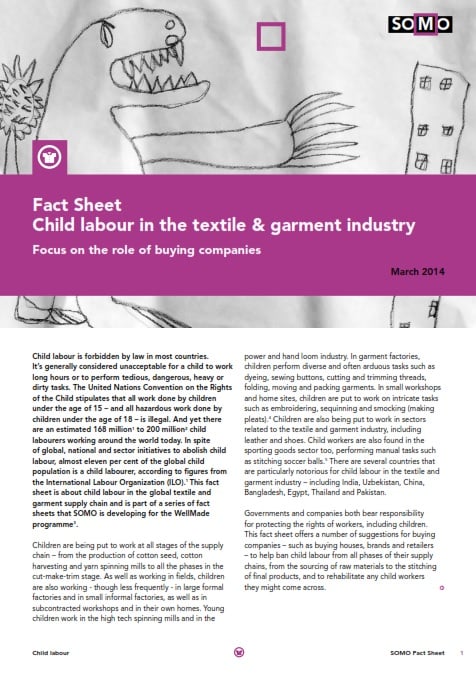
-
Fact Sheet: Unsafe Garment Factory Buildings Published on:
 Pauline OvereemPosted in category:Publication
Pauline OvereemPosted in category:Publication Pauline Overeem
Pauline Overeem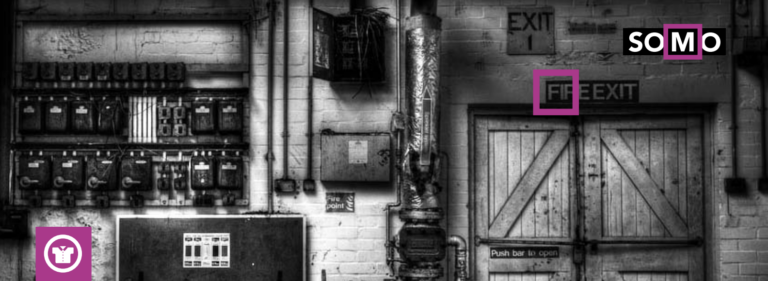
-
Fact Sheet: Forced labour Published on:
 Pauline OvereemPosted in category:Publication
Pauline OvereemPosted in category:Publication Pauline Overeem
Pauline Overeem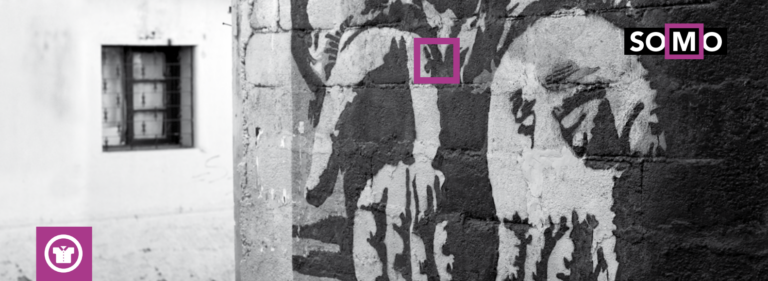
-
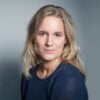 Martje TheuwsPosted in category:Publication
Martje TheuwsPosted in category:Publication Martje Theuws
Martje Theuws
-
 Martje TheuwsPosted in category:Publication
Martje TheuwsPosted in category:Publication Martje Theuws
Martje Theuws